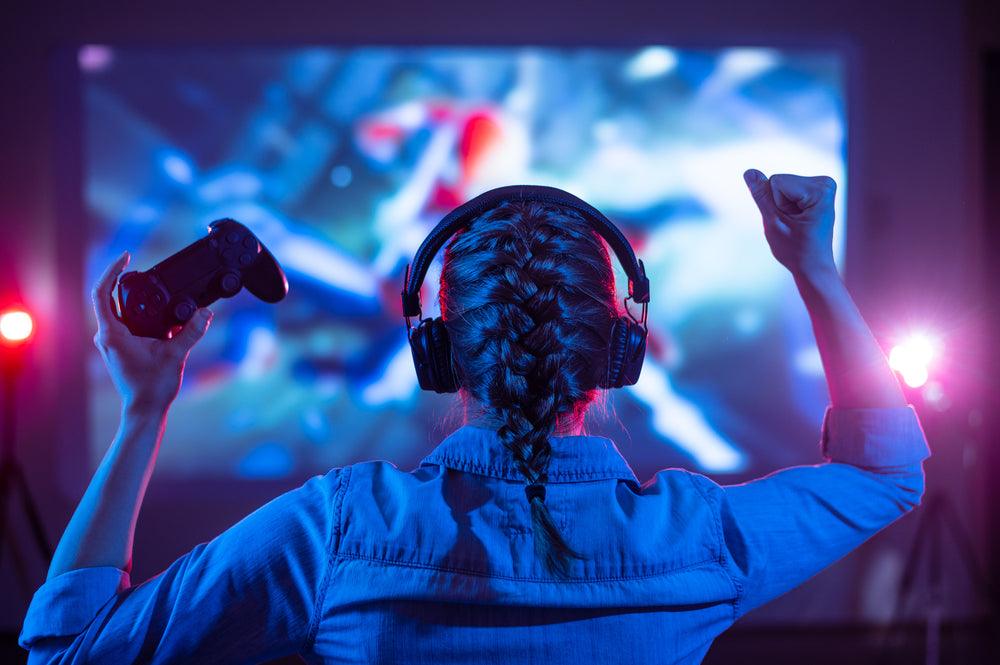The gaming culture, especially among competitive gamers and streamers, often involves a long duration of late-night screen time. Naturally, this would interrupt normal sleeping cycles and affect the quality of sleep. But how can the effects of the EMFs from gaming systems also impact sleep for gamers?
The majority of gamers are suffering from a lack of quality sleep. Razer, a popular gaming lifestyle brand, conducted a survey finding that 65.9% of gamers report having sleeping problems. The survey also found that out of the gaming participants, 50% reported taking more than 30 minutes to fall asleep. The survey overall shows that while gaming can have a positive emotional impact on people’s lives, it may have further health implications on physical well-being.
Studies have shown that EMFs may reduce melatonin production. Melatonin is an important hormone that helps regulate the body’s circadian rhythm. At night, melatonin levels rise, signaling our body to sleep. Additionally, while we sleep, melatonin acts as a type of cleaning agent for our cells. The combination of late-night gaming and the EMFs that come from the computers, consoles, and other devices may be affecting melatonin levels in users, contributing to poor sleep quality.
It is important that gamers get quality rest and allow their bodies to recover while sleeping. Quality sleep is a contributing factor to both emotional and physical health. Improving your overall well-being plays a role in gaming performance. One way to get better sleep is by taking measures to reduce the effects of EMF exposure, especially at night. This may mean moving your gaming set up, or even ending your gaming session a bit earlier in the evening.

